AARP Hearing Center


The ad that pops up on social media looks legit. It seems to show two stars from the ABC reality show Shark Tank, Lori Greiner and Mark Cuban, holding jars of keto gummies for weight loss, with words in all caps below it: “ON DAY 7, YOUR PANTS WILL NO LONGER FIT YOU!” and a button to “Order now.”
It’s fake. Investor and entrepreneur Greiner and Cuban, the billionaire owner of the Dallas Mavericks basketball team, never have endorsed keto gummies, which are supplements sold with claims that they can help with weight loss, energy, focus and more (“keto” refers to the controversial high-fat, very-low-carb ketogenic diet regimen). In fact, none of the Shark Tank investors — or sharks, as they’re known — has ever endorsed a weight-loss supplement, on-air or in an ad.
“I can tell you, we don’t put keto diet pills on our show,” says Shark Tank executive producer Clay Newbill. “There’s never been a keto diet pill on our show, and there never will be.”
Learn more
Senior Planet from AARP has free online classes to help you discover more about artificial intelligence.
The popular ABC show, whose 16th season premieres Oct. 18 (and streams the next day on Hulu), features tycoons like Cuban, Greiner, Robert Herjavec, Kevin O’Leary, Barbara Corcoran and Daymond John, who listen to energetic pitches from entrepreneurs hoping for funding to help launch their products — wine that pairs perfectly with pizza, for example, or a yellow sponge with a smiley face. If the investors like the concept, they’ll invest. It’s helped some make millions, including makers of the wildly successful Bombas socks, the Squatty Potty (for easier pooping), and that happy sponge that appeared on the show in 2012. The Sponge Daddy scratch-free cleaning sponges and accompanying products now rake in about $220 million a year.
Scammers are well aware that a thumbs-up from the sharks can mean big money. So they are relentless in their use of fake Shark Tank seals of approval to sell products, pitch crypto investments, or encourage people to sign up for business courses. The Shark Tank team reports that they recently came across an investment class falsely promoted on Facebook with a photo of a shark and their spouse (who had nothing to do with the class).
The products pitched with bogus Shark Tank approval are sometimes hair-growth or libido-enhancement supplements, but often are those claiming to promote weight loss. The majority, for some reason, are various brands of keto gummies, Newbill says.


Some ads are more ridiculous than others, including one featuring a doctored photo of six famous sharks from the show (John, Corcoran, Cuban, Greiner, O’Leary and Herjavec), their slightly too-large heads perched atop slim and buff underwear-clad bodies. Below them are bottles of a brand of keto gummies that you can still find for sale online, including on Amazon.
The sharks are fed up with the fraud. “I don't take weight-loss pills and I don’t take drugs and don’t use marijuana creams and all this stuff,” says shark and Canadian businessman O’Leary, 69. He adds that scammers take advantage of the fact that he’s lost 80 pounds in the last few years, but through lifestyle changes, not supplements, “so of course there’s pictures of fat Kevin and skinny Kevin up there and [the implication is], ‘he did it with these gummies.’ … I don’t touch products like that.”



























































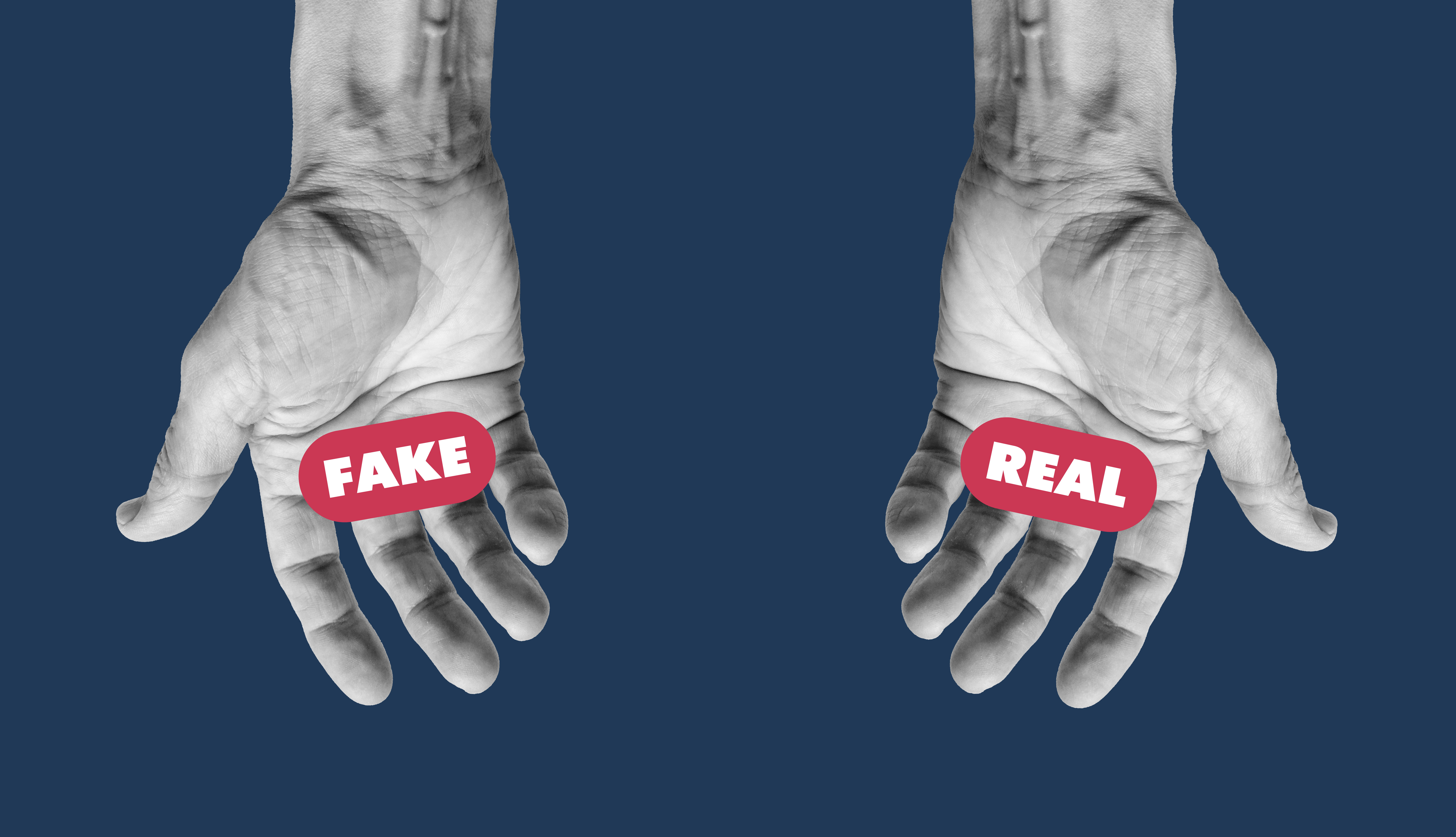

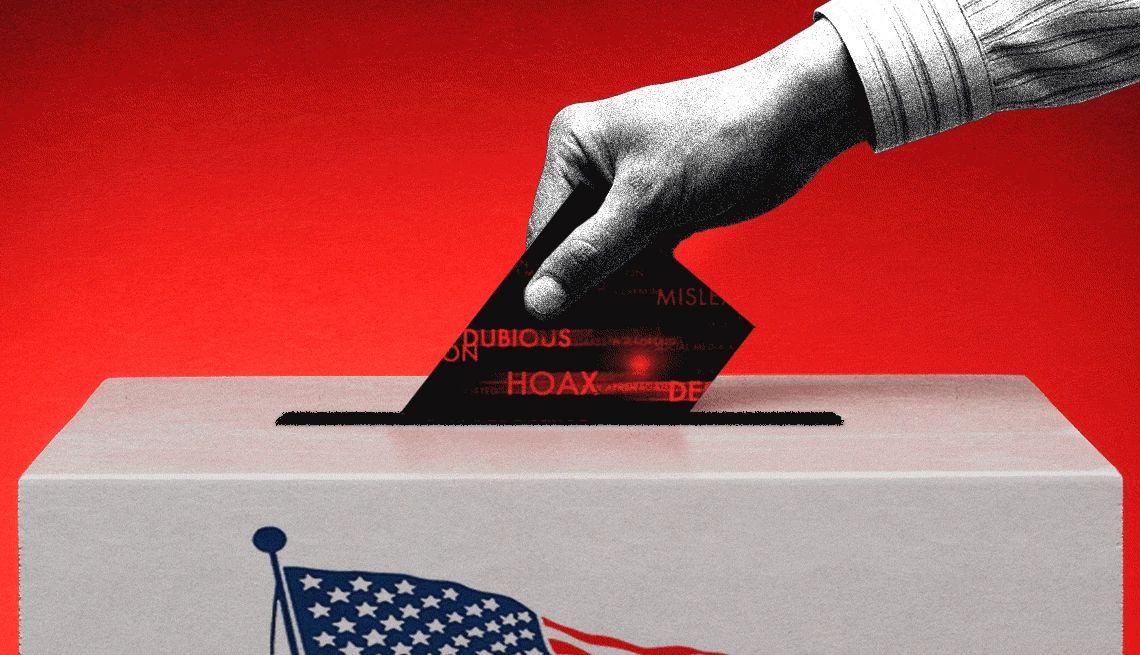








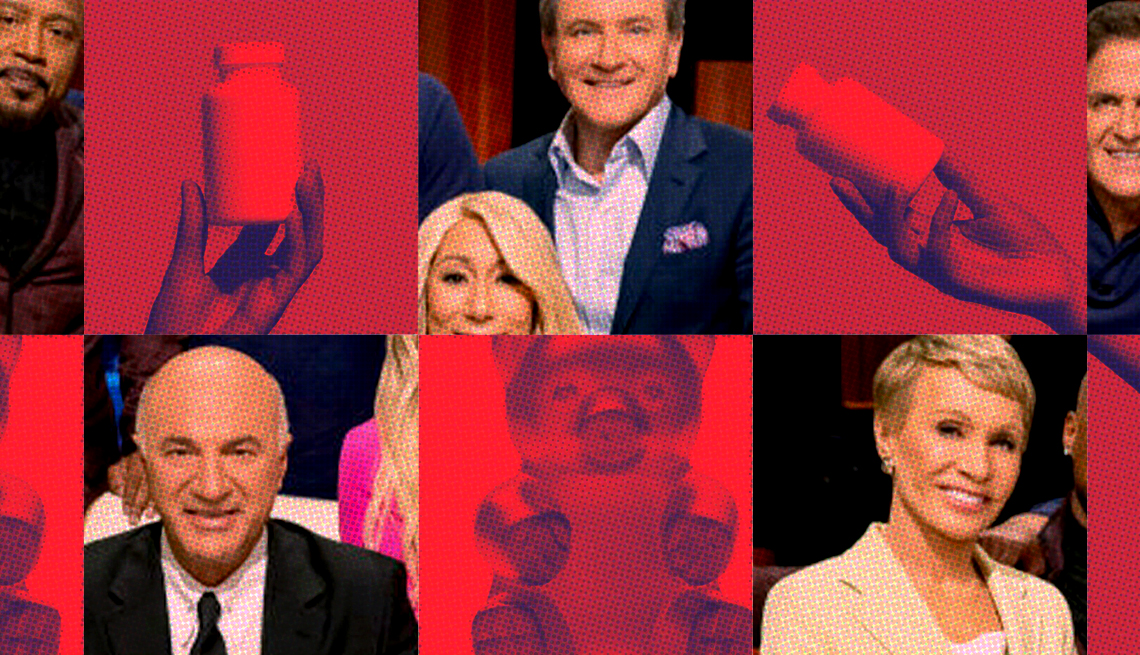
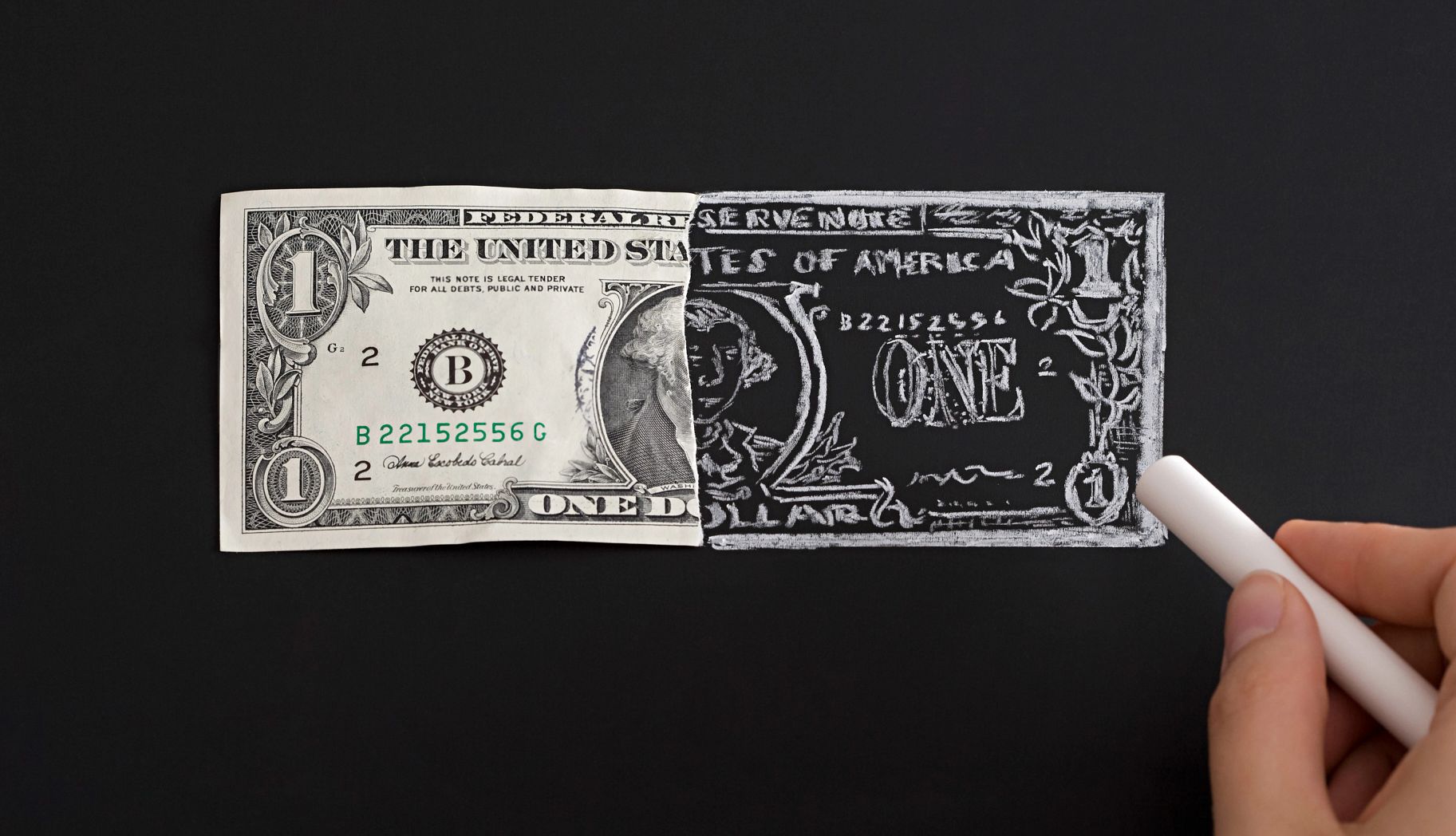
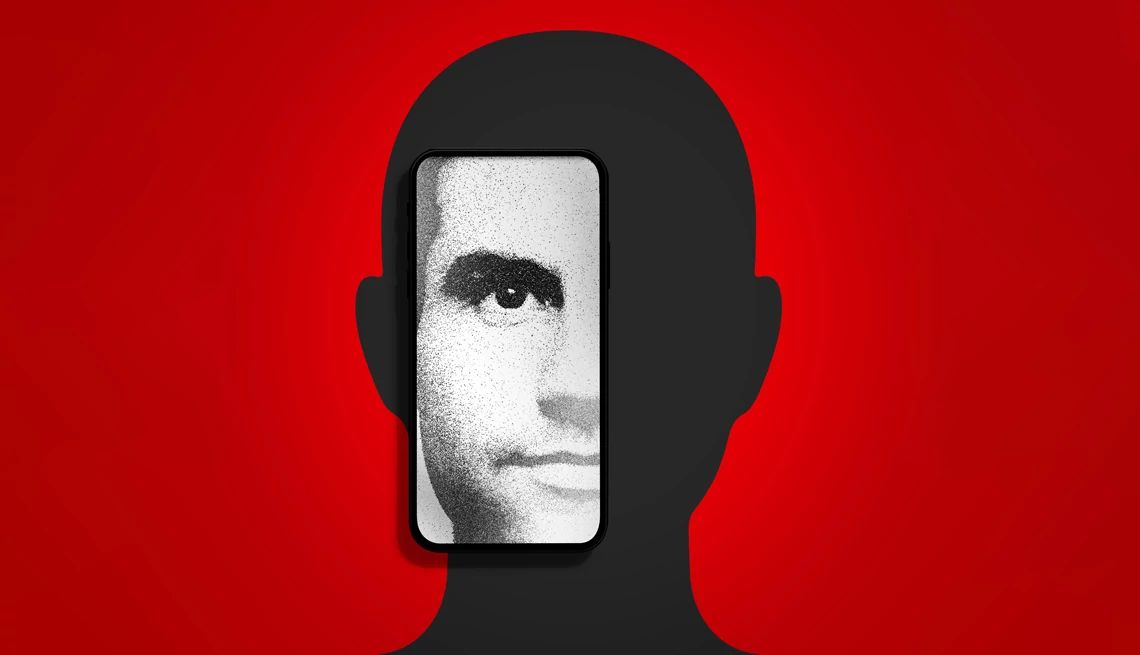
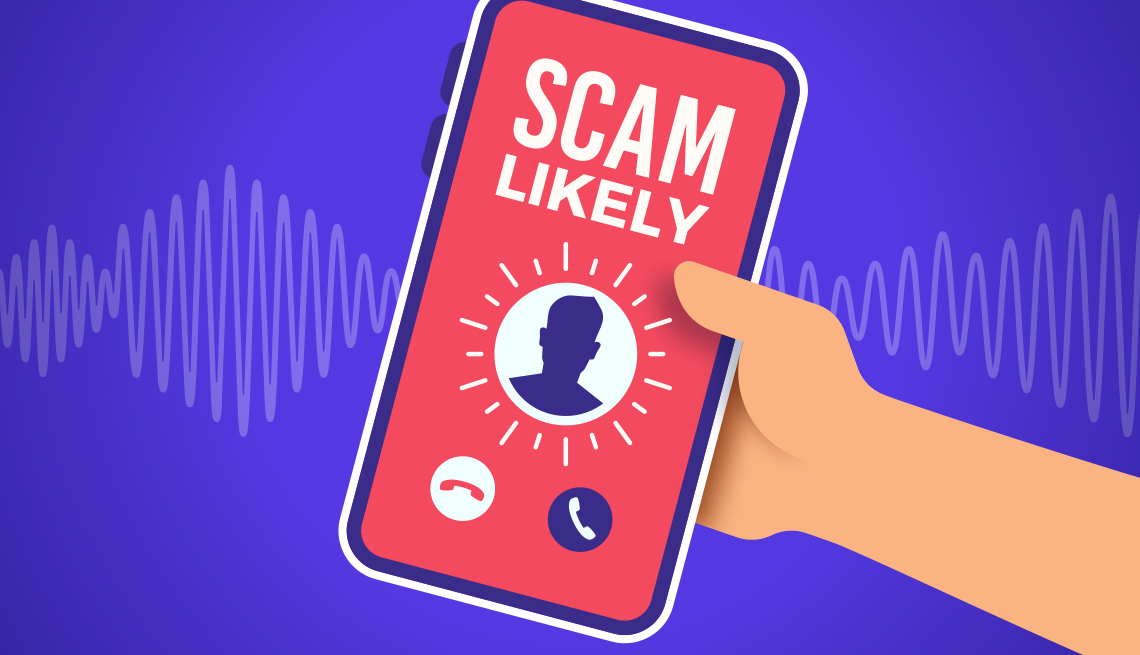









More From AARP
What to Do If You've Just Been Scammed
How one woman worked quickly — with help — to avoid being charged through PayPal
6 Top Scams to Watch Out for in 2024
Criminals are supercharging old scams with new technologyScammers and Celebrity Impostors Defraud Fans of Millions
Singers Blake Shelton and Dolly Parton are among the many stars impersonated
Recommended for You